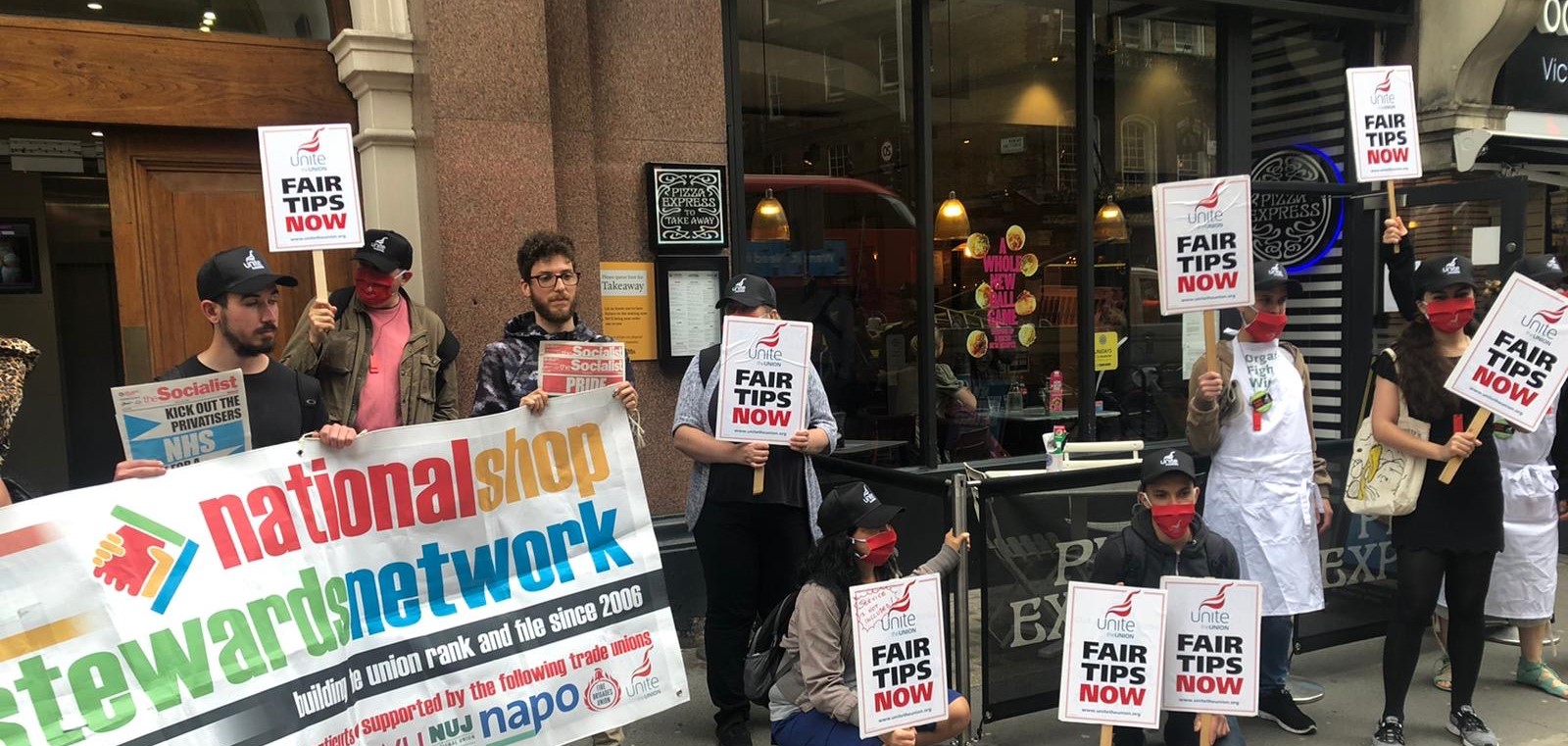Change has to come
Hospitality workers are among the hardest working yet lowest paid, so it’s hardly surprising that low wages and unfair tipping practices are two of the biggest issues facing our members. After all, most are paid little more than the national minimum wage and are heavily reliant on tips just to make ends meet.
So whenever a new story appears exposing an employer for pocketing the optional service charge, instead of giving it to staff or taking a cut of staff tips to cover till shortages or customer walk-outs, it has not gone down well with the dining public.
Celebrity chef, Michel Roux Jr’s getting caught paying staff less than the minimum wage at his ÂŁ212-a head Mayfair restaurant was a new low. The critic, Jay Rayner, coming to his friend’s defence, said the problem of underpayment in the industry is â€systemic.’ As if this somehow excused treating staff so badly – but why does the industry let such situations persist?
â€Close to breaking point’
Many of our members have a love hate relationship with the industry that they have chosen to make their living in. It’s â€addictive’, â€a buzz’, â€fast-paced’ and â€exhilarating’ on the one hand, but can leave them feeling â€undervalued’, â€underpaid’, â€bullied’ and â€close to breaking point’ too.
Some will say that it is an industry of extremes; that if you can’t stand the heat, get out of the kitchen. But who does this benefit? – it’s certainly not the workers, who are left struggling to make ends meet, burnt-out and driven to leave, but nor is it the employers, who have to replace and re-train a conveyor belt of new recruits.
Retention and recruitment is a huge problem in the industry. The hospitality sector still has one of the highest turnover rates of any industry. Over 350,000 people leave the sector every year, at a cost of £274m to employers.
Brexit will only make things worse. EU nationals make up around 24 per cent for the sector’s workers. According to the British Hospitality Association (BHA) it could take 10 years to replace EU hospitality workers after Brexit.
So what can employers do to improve things for their staff? A simple three step recipe would be to stop dipping into their tips; add in a wage they can live on and garnish with a genuine investment in their futures; giving them the skills and training they need to develop and progress.
Adopting clear and transparent tipping policies, spelling out any deductions and how non-cash tips and service charges are shared out will eliminate some of the confusion around tipping.
No excuses
But really there should be no excuses for not giving staff 100 per cent of their tips. Pizza Hut, Garfunkel’s, Wagamama and now Pizza Express too, are just some of the â€fair tips employers showing that this can be done. In addition, paying staff a genuine living wage would result in huge savings in terms of recruitment, retention and improved attendance.
But if the sector is to shake off its negative image and rise to the challenges in post-Brexit Britain, things have got to change on a much broader level. The â€race to the bottom’ business model adopted by the industry needs to be challenged and dismantled.
Workers deserve a wage they can live on and fair tips; safe, secure work; training and career development opportunities and the right to join a trade union – this is Unite’s recipe for decent work for all in hospitality.
It means an end to unfair tipping practices, zero hour and short-hour contracts and the open hostility to trade unions that has been allowed to take root. It means treating staff fairly and investing in training programmes that will help them reach their full potential, and attract new recruits.
It’s just not right that nearly two years after Unite first exposed Pizza Express for skimming an excessive admin fee from tips paid on a card, and despite the huge public backlash to the many rip-off tip scams which later emerged, some restaurants are still making headlines for pocketing staff tips.
It’s time the industry stopped seeing trade unions as the enemy within and let us in. Work with us to improve working conditions and tackle your recruitment problems. There needs to be a two-way conversation going on. Constructive criticism shouldn’t be seen as an attack, but as an opportunity to engage.
Engage with us as the independent voice of workers in the industry. It’s been a long time coming, but change has to come and it has to come soon.
This feature first appeared in Food made good Â
 Like
Like Follow
Follow


